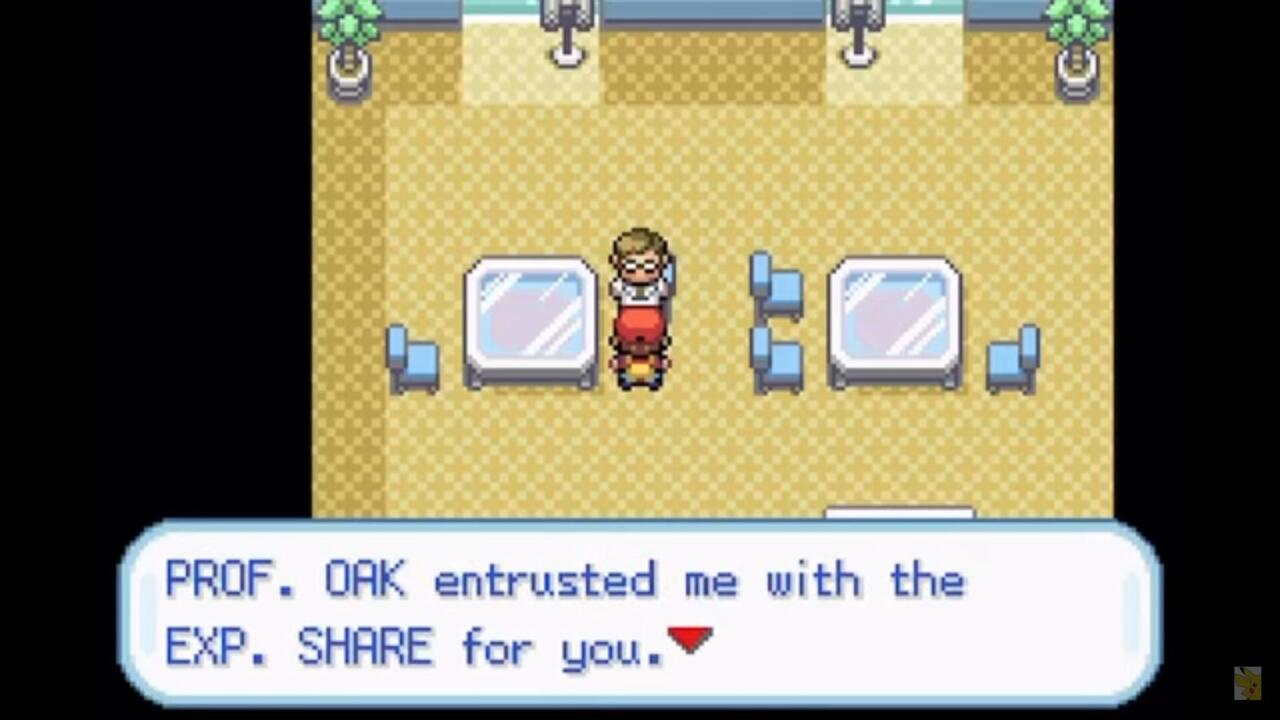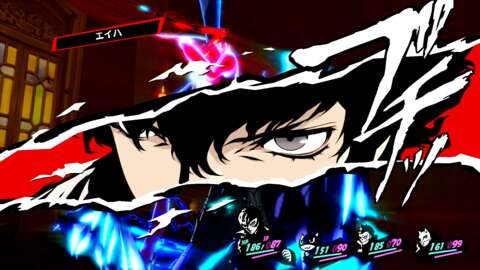I first heard of Exp Share–a mechanic where all party members gain experience points regardless of if they’re in battle–in Pokemon. Many RPGs have some level of it. Sometimes, it’s just for members of your current party. Sometimes, it’s for the entire roster. Its absence or limited implementation especially stands out when revisiting older games like Persona 4 and comparing them to newer ones like Pokemon Scarlet and Violet. Despite what might seem like a minor quality-of-life feature at first, its presence–or lack thereof–can have a big impact on a game, causing you to play much differently than you otherwise would.
I’m calling it Exp Share because that’s what it’s called in Pokemon, and it doesn’t seem to have another widely recognized name. In Pokemon’s case, Exp Share started as an actual item that you could give to an individual Pokemon so that it would gain experience even without being involved in a battle. It was especially convenient for raising low-level monsters into regular party members. Exp Share eventually turned into an item that distributed experience points to your entire team. Starting from Pokemon: Let’s Go, Pikachu and Let’s Go, Eevee, it was built into the game as a default mechanic rather than an item that you needed to obtain.

It wasn’t an addition that stayed unique to Pokemon, though. Just in the past year, Xenoblade Chronicles 3 and One Piece Odyssey both offered their own version of Exp Share. These games have multiple characters with distinct abilities, enough to encourage players to experiment with them. In Xenoblade 3 especially, it felt almost criminal to ignore your Heroes (seventh party member) when there were so many character classes to try. All members of your main party are there to stay, but it would’ve been a daunting task for even the most diligent player to level up each of the Heroes separately. By allowing Heroes to accumulate experience points even when they’re not in battle, it opens up opportunities for experimentation and variety that would otherwise be untenable.
